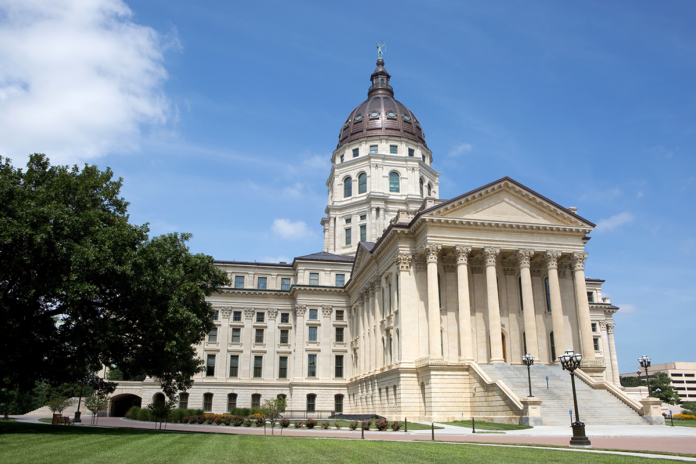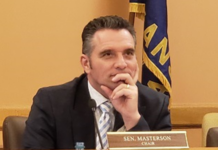(Updated to reflect bills for broadband, the nursing compact, teacher due process)
Yes, the 2018 legislative session had its share of controversy this year.
There was the tax bill that died as the wrap-up session ended.
There was the collision that almost occurred at the end of the regular session when the Legislature almost didn’t agree on an education bill as time ran out.
And there were the debates over guns and the faith-based adoption bill.
But there was so much more that the Legislature undertook this year.
Here’s a comprehensive guide to what happened this year: What key bills and amendments lawmakers considered and they votes they took.
Teacher due process rights: Died. The Kansas House moved to restore teacher due process rights that were peeled away four years ago. The House voted 73-48 to approve a bill giving those rights back, but the Senate showed no interest in working the legislation.
Seat belts as evidence: Died. As introduced, the bill would have allowed seat belt use to be introduced as evidence in personal injury cases, potentially reducing civil damages for someone injured in a car wreck who wasn’t belted. The Senate voted 25-15 to pass bill.
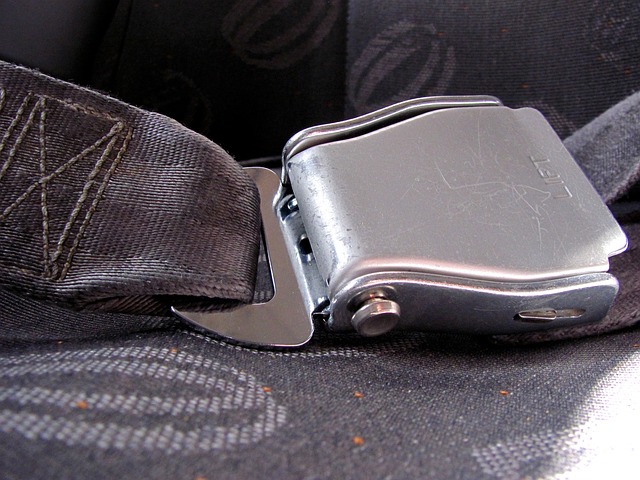
The House, meanwhile, rewrote the bill so it was narrower in scope, only allowing seat belt use to be introduced as evidence in product liability claims against carmakers alleging harm caused by a defective vehicle occupant protection system. The House passed it version 94-30.
The bill died when a House-Senate conference agreement couldn’t reach an agreement.
Slot machines: Died. A bill authorizing gambling at Wichita’s shuttered Greyhound Park if approved by voters passed died in the Senate. The Senate narrowly rejected the bill on a 20-17 vote. It was never heard by the full House. The bill have would allowed slot machines in Sedgwick County and in other places where pari-mutuel betting was licensed, such as the old Woodlands track in Kansas City, Kan. Gambling would only have been allowed with a public vote.

Sports wagering: Died. Five bills were introduced this year – four in the House and one in the Senate – that would allow the state to offer sports betting if it’s eventually approved by the U.S. Supreme Court. They didn’t go anywhere although the Senate tried to amend a slots bill so it would authorize sports wagering. The amendment was turned down on an unrecorded vote.
Tax cuts: Died. The Senate approved a half-billion dollar tax cut just before the Legislature adjourned its regular session last month. The Senate passed the bill 24-16. But the House sent it to a conference committee where it was rewritten so it might be more politically palatable. The new bill, among other things, would have let Kansas residents continue itemizing on their state tax return even if they didn’t itemize on their federal return.

The state stands to gain money from a change in the federal tax code that encourages taxpayers to take a generous standard deduction on their federal return rather than itemize. However, that means Kansans will have to take the much less valuable standard deduction on their state return, which may net state government more money.
But the new bill went much further than itemization. It contained some provisions addressing changes in the federal tax code so multinational corporations would not be taxed for income earned overseas. It also included sales tax exemptions for the sale of gold and silver coins, an income tax credit for the donations to the Ike Eisenhower Foundation in Abilene and the so-called expensing deduction for small businesses. It also authorized sales tax elections in four counties.
The Senate passed the new bill on a 21-19 vote. The House deadlocked at 59, four votes short of the 63 required for passage. Here’s how it all went down.
Guns: Gov. Jeff Colyer signed a bill making it illegal for domestic abusers to have guns. The bill passed unanimously in the Senate and 113-6 in the House.

Another bill lowering the age for carrying a concealed handgun in Kansas to 18 from 21 never made it through the process. It died in the Senate.
The House voted 82-42 to lower the age for carrying concealed handguns when it debated a bill requiring Kansas to recognize valid concealed-carry licenses issued by other states. The Senate never voted on lowering the age for concealed carry.
General gun restrictions: The Senate voted on a number of gun restrictions that all died. Here are the votes on those debates.
- A vote on waiting periods and background checks for firearm purchases.
- A vote on allowing colleges and universities to decide whether to allow concealed carry.
- A vote on repealing state law allowing concealed carry without a permit.
- A vote on raising the age to 21 to buy rifles.
- A vote on banning bump stocks.
Body cameras: Passed. Awaits the governor’s signature. A bill that would make police body camera footage public in limited situations was passed unanimously in the House and Senate. The bill would require police to make body camera footage available to victims’ families or their representatives within 20 days of a request. The bill doesn’t mandate that the footage be made available to the general public, including media.
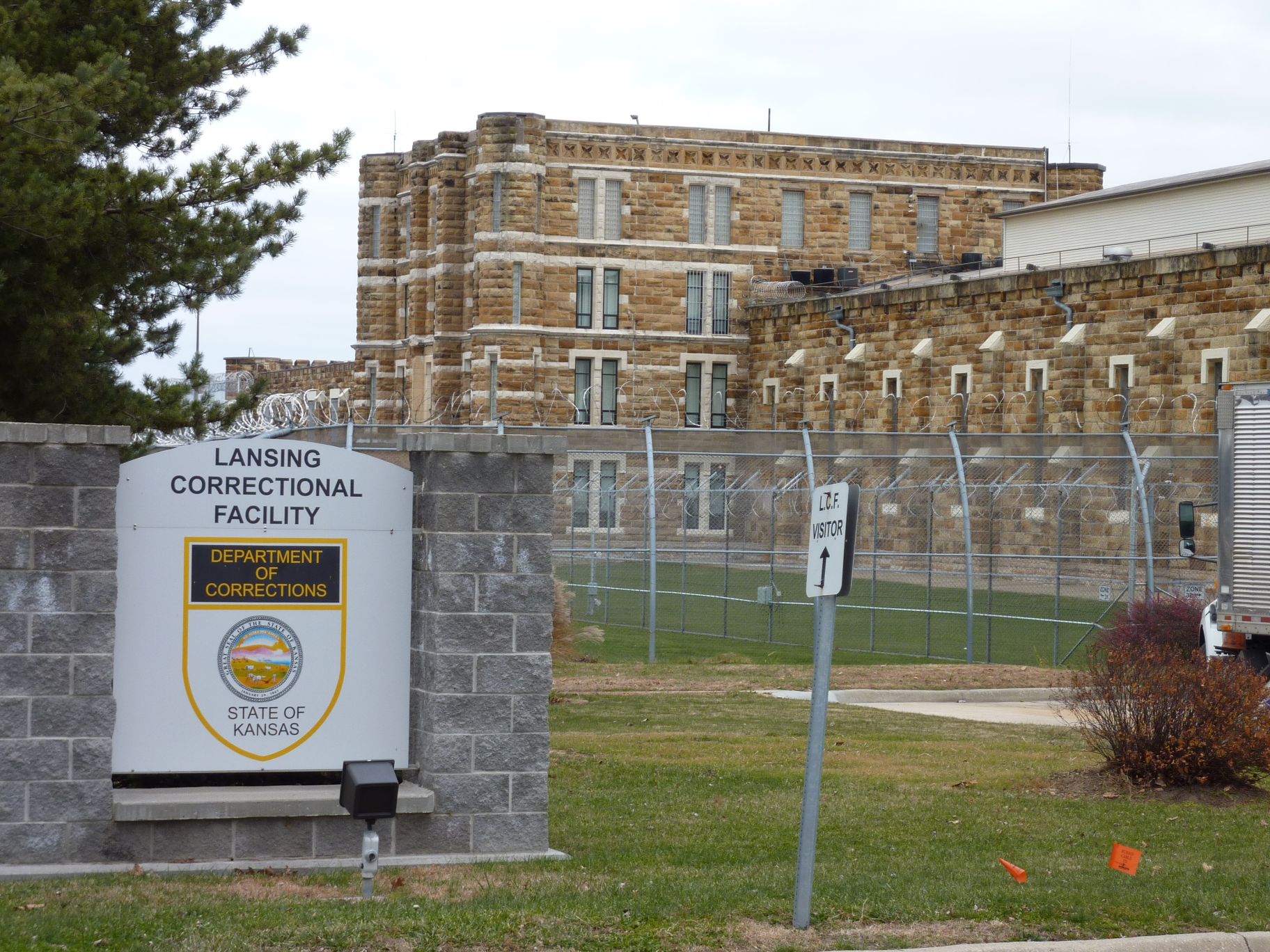
Wrongful conviction: Passed. Awaits the governor’s signature. The House and Senate unanimously passed a bill that would give someone wrongfully convicted $65,000 for each year they spent in prison and $25,000 for each year they spent on parole or post-release supervision. Kansas is now one of 18 states that don’t provide compensation to the wrongfully convicted.
Proof of citizenship: Died. Two bills – one in the Senate and the other in the House – would have lifted the proof-of-citizenship requirement for would-be voters in Kansas. Neither bill got out of committee this year. The fate of the law will now be left in the hands of a federal judge in Kansas City, Kan.
Israel boycott: Passed. Gov. Jeff Colyer signed a bill that lawmakers hope will fix a constitutional deficiency with a law barring state contractors from boycotting Israel. The new language approved by the Legislature is intended to address problems that were raised in January when a federal judge ruled that a 2017 law passed by the Legislature violated the First Amendment rights of a Wichita math teacher. The House passed the new bill 88-32 and the Senate passed it 36-1.
 Education funding: Passed. Gov. Jeff Colyer signed a bill that would spend about $535 million on schools over five years to answer a state Supreme Court ruling that found the state didn’t adequately fund schools. The bill passed on a 63-56 vote in the House and a 21-19 vote in the Senate. It now will be considered by the Kansas Supreme Court.
Education funding: Passed. Gov. Jeff Colyer signed a bill that would spend about $535 million on schools over five years to answer a state Supreme Court ruling that found the state didn’t adequately fund schools. The bill passed on a 63-56 vote in the House and a 21-19 vote in the Senate. It now will be considered by the Kansas Supreme Court.
Education trailer bill: Passed. The House and Senate debated a bill fixing an $80 million error in the education bill that passed during the regular session. The bill passed 31-8 in the Senate and 92-27 in the House. It was signed by the governor.
Constitutional amendment on schools: Died. The House Judiciary Committee approved a constitutional amendment giving the Legislature exclusive authority to decide whether Kansas schools are adequately bankrolled. The bill never ran on the House floor and died when the session concluded.
School safety: New state budget includes $5 million for security upgrades at elementary and secondary schools across Kansas.
Rogue homes associations: A bill empowering homeowners seeking legal protection  from abusive homes associations died in the House on a voice vote. The bill would have fined officials from a homeowners association up to $500 for knowingly violating the state’s homeowners bill of rights, which was signed into law in 2010.
from abusive homes associations died in the House on a voice vote. The bill would have fined officials from a homeowners association up to $500 for knowingly violating the state’s homeowners bill of rights, which was signed into law in 2010.
Faith-based adoption: Passed. A bill that would have allowed adoption and foster care organizations contracting with the state to refuse placements based on religious grounds passed. The House voted 63-58 to approve the bill and in the Senate voted 24-15 in favor of the legislation.
Medicaid expansion: A bill expanding Medicaid to 145,000 Kansans passed out of a Senate committee in early February but languished on the Senate calendar all session.
Food sales tax: Lots of talk about cutting the state sales tax on food, but it never really gained any momentum this year. In February, a Senate committee held a hearing on a constitutional amendment that would lower the sales tax on food, but the legislation didn’t advance. Here’s an idea that Democratic state Rep. Tim Hodge had that never got anywhere as well. 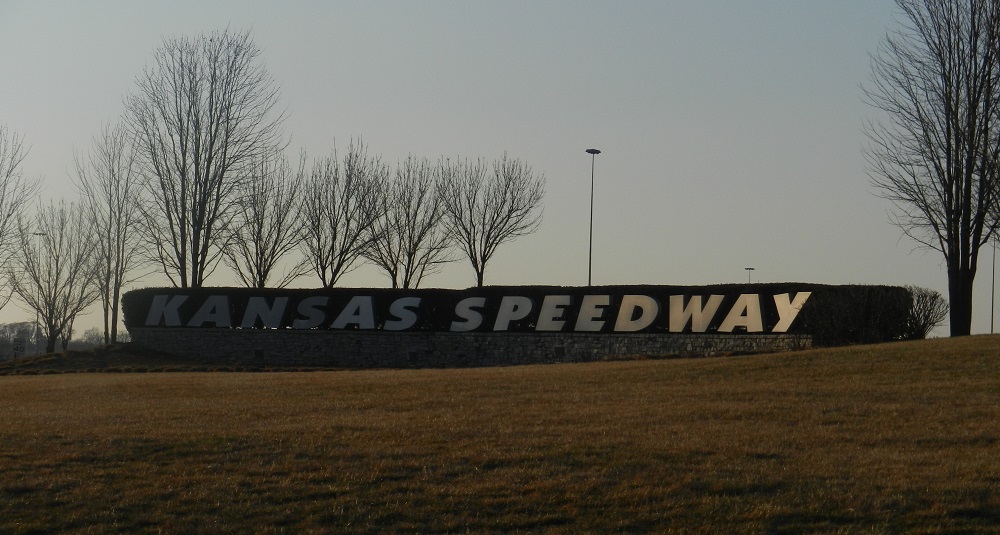
STAR bond reform: Died. A last-minute proposal capping the amount of state sales tax that could go toward STAR bond projects passed the House on an 83-36 vote but died in the Senate. Check out what happened here.
Throughout the session, there was plenty of smoke over efforts to rein in this lucrative development tax break that critics say is abused.
A Senate committee considered bills – SB 432 and SB 434 – that cities and counties said would have effectively killed the incentive, which is intended to foster the development of tourism-related projects like the Kansas Speedway.
But in the end, the Senate Commerce Committee adjourned for the year and no action was taken on the legislation.
County election commissioners: The Legislature passed a bill stripping the secretary of state’s office of budget power over the election commissioners in the state’s four largest counties – Johnson, Wyandotte, Shawnee and Sedgwick. It passed the House on a 90-30 vote and the Senate on a 29-10 vote. The bill was signed by Gov. Jeff Colyer.
There was an effort to take away the secretary of state’s ability to appoint those commissioners. The appointments would have been turned over to the counties. But that bill, pushed by Senate Minority Leader Anthony Hensley, never got much traction.
Drunk driving: Gov. Jeff Colyer signed into law a bill that toughens penalties for repeat drunk-driving offenders who kill or seriously injure someone. Known as Caitlin’s law, the bill was named after Caitlin Vogel, a 24-year-old Olathe school instructor killed in a 2016 car wreck when she was struck by a driver with two previous drunk-driving convictions. The bill passed unanimously in both chambers.
Lobbying: Gov. Jeff Colyer signed legislation expanding lobbying laws to cover the executive and judicial branches. The bill, backed by Senate President Susan Wagle and Senate Minority Leader Anthony Hensley, requires anyone lobbying the judicial and executive branches to register as a lobbyist and report their expenses. Anyone lobbying the Legislature already must register with the state and report expenditures. The bill passed unanimously in both chambers.
Alcohol: A bill allowing restaurants and bars to start serving alcohol at 6 a.m. passed the Senate on a 34-4 vote and a 94-28 in the House. Under current law, establishments may not sell drinks between the hours of 2:00 a.m. and 9:00 a.m. The bill also allows licensed drinking establishments to provide self-service beer taps to customers.
Child welfare transparency: Passed. A bill that giving the public more access to information about the deaths of abused and neglected children cleared the Legislature. It passed unanimously in both chambers. The legislation requires the agency to release information in response to an open-records request, such as the age and gender of the child, the date of the fatality, a summary of previous reports of abuse or neglect to the agency, and department-recommended services provided to the child.
Gut-and-go tactics: A bill banning the legislative strategy of removing the entire contents of one bill and replacing it with another died in a committee this year.

Unnamed bills: Legislation aimed at making it easier to know who sponsors a bill died in the House and Senate this year. Here’s the House bill and the Senate bill. An attempt to make it easier to track legislation was killed in a procedural maneuver on the House floor.
Recorded votes: Bills requiring legislative committees to record motions and votes failed to go anywhere this session in the Senate or in the House.
Campus free speech: The Senate killed a bill that would have required the state’s colleges and universities to adopt policies affirming the right to free speech. The bill died after concerns were raised that it would have adversely affected LGBT students. The Senate deadlocked 20-20 on the bill, effectively killing the legislation.
Transportation: The Legislature created a task force that will set the stage for a new multi-year transportation plan. It passed 38-1 in the Senate and 120-1 in the House. The task force must be appointed within 45 days of the effective date of the bill. It must make a report to the Legislature by January 2019.
Tax incentive transparency: Died. A bill requiring the Commerce Department to establish a database for disclosing information on economic development incentive programs passed unanimously in the House but died in the Senate on the last day of the legislative session.
Constitutional convention: Died. A proposal asking Congress to call a constitutional convention to place fiscal limits on the federal government failed to muster enough support in the state Senate to advance. The resolution received 22 votes, five short of the two-thirds majority needed to gain passage.
Medical Marijuana: Died. Not a bill, but there was a push to legalize medical marijuana during the House debate over legislation allowing the possession and sale of certain cannabis products without THC, a chemical compound that produces the high in marijuana. The House voted down the proposal 69-54.
Swatting: Passed. Gov. Jeff Colyer signed a bill increasing the penalties for making hoax emergency calls that lead to injuries or deaths. The Legislature passed the bill after the fatal shooting of an unarmed Wichita man by a police officer in December. The bill passed unanimously in both the House and the Senate.
Education inspector general: Died. A Senate committee voted down a proposal creating an inspector general who would monitor public school spending. The bill failed to gain support in the committee after concerns were raised about whether it was constitutional because it infringed on the authority of the state Board of Education.
Gubernatorial age requirements: Passed. The Legislature approved a bill that would require anyone running for governor to be at least 25 years old. The House approved the bill on a 70-52 vote. It passed the Senate on Tuesday on a 32-4 vote. It now awaits the governor’s signature. The bill was prompted when about a half dozen teen candidates, announced that they were planning to run for governor this year. The bill would not take effect until next year.
High Performance Incentive Program: Died. A bill extending the income tax credit carry over to 25 years from 16 years died in the Senate after passing the House on 83-36 vote. The bill would have allowed businesses to carry over 25 percent of their unused tax credits earned before last Jan. 1.
Rural job creation: Died. A bill providing income tax credits for investors creating jobs in rural areas of the state passed the House on a 83-36 vote but died in the Senate on the last day of the legislative session. The credit would been available to any taxpayer who contributed to an “approved investment company” that helps fund a rural business.
Sexual harassment reforms: Passed. The new budget contains language barring any state agency from using taxpayer money to settle sexual harassment claims. The budget language also prohibits the state from enforcing any non-disclosure agreements stemming from a sexual harassment case.
Broadband access: Passed. Gov. Jeff Colyer has signed into law a bill creating a statewide task force to study broadband access issues across the state and find ways to meet the demand. The committee must be appointed within 45 days of the effective date of the law. It sunsets in June 2020. The Senate passed the bill unanimously and the House passed it on a 117-3 vote.
Legal fees for Kris Kobach: Died. The House withdrew a proposal that would have forced Secretary of State Kris Kobach to paying his fees assessed for being found in contempt of court. The House voted 103-16 to impose the prohibition but later retreated during budget deliberations. Now, the state will cover those costs.
Nursing compact: Passed. Gov. Jeff Colyer signed a bill enacting the nurse licensure compact. The law allows registered nurses in Kansas to practice in any of the other 29 states that are part of the compact without needing separate licenses in those states. The compact establishes single licensing requirements for all 30 of the participating states, including a federal and state criminal background check. The bill passed unanimously in the Senate and 123-1 in the House.
Budget: Passed. The Legislature approved a nearly $17 billion budget for fiscal year 2019, which starts July 1. It is about $450 million more than the fiscal 2018 budget. It contains more money for employee pay raises, higher education and child welfare.The House passed the budget 98-23 and the Senate passed the budget 26-14.







